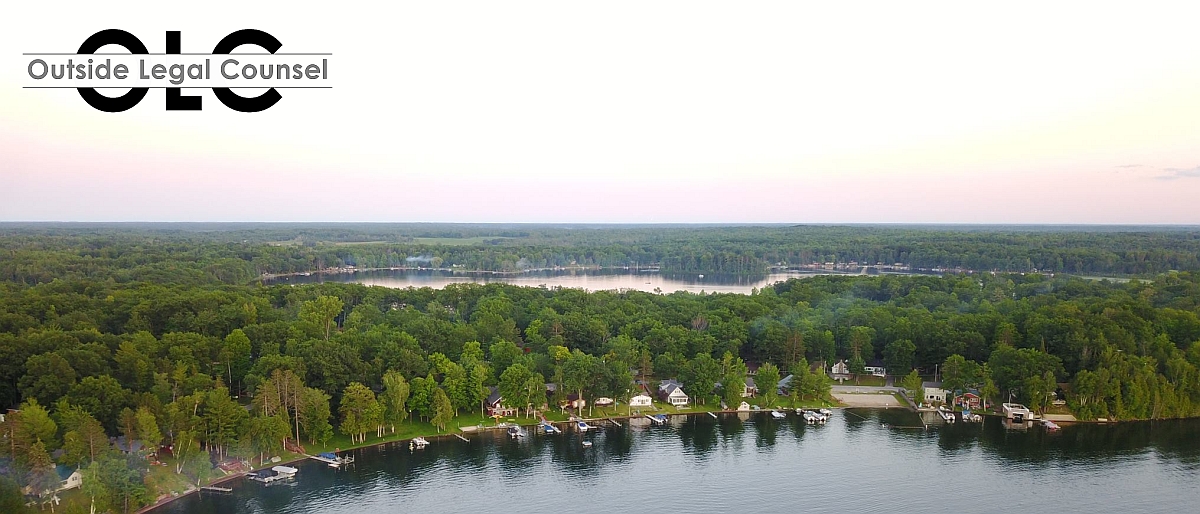In a recent Michigan Court of Appeals decision (Sanderson v. Sanderson, decided July 18, 2024), the court reinforced a crucial property law principle: A trust cannot hold real estate as a joint tenant with full rights of survivorship. This ruling, based on the earlier case Schaaf v. Forbes (2021), has big implications for property deeds involving trusts.
In a recent Michigan Court of Appeals decision (Sanderson v. Sanderson, decided July 18, 2024), the court reinforced a crucial property law principle: A trust cannot hold real estate as a joint tenant with full rights of survivorship. This ruling, based on the earlier case Schaaf v. Forbes (2021), has big implications for estate planning and property deeds involving trusts.
What Happened in the Case?
The dispute centered on two brothers, Michael and Peter Sanderson, who owned Michigan properties. Michael tried to transfer the land via quitclaim deeds to his living trust and Peter as “joint tenants with full rights of survivorship” (not as tenants in common). After both brothers passed away, Michael’s kids sued Peter’s daughter, claiming the deeds were invalid and seeking to quiet title in their favor. Peter’s daughter argued the deeds should be reformed to honor Michael’s intent, but the court sided with Michael’s heirs.
The trial court granted summary judgment to the plaintiffs, voiding the deeds entirely. On appeal, the decision was affirmed, leaving the properties reverting to Michael’s estate as the last valid owner.
The Core Legal Principle
At its heart, joint tenancy with rights of survivorship means the property automatically passes to the surviving owner upon death—no probate needed. It’s like a built-in “winner takes all” for co-owners. But here’s the twist: Trusts aren’t people—they don’t “die.”
As the court explained (echoing Schaaf):
- A joint tenancy with survivorship creates a “joint life estate with dual contingent remainders,” relying on one owner outliving the other.
- Trusts, however, are legal entities that “terminate only through specifically required actions of a nonbiological character.” They can outlast human lifespans indefinitely.
- If a trust is one of the “joint tenants,” the survivorship feature becomes “illusory” because the trust never dies. This breaks the fundamental mechanics of the tenancy.
Result? Deeds attempting to create such an arrangement are void—not just flawed, but legally ineffective. The court refused to rewrite or “reform” the deeds, emphasizing that simply stating an intent in the document doesn’t make it lawful if it violates core property rules.
Why Does This Matter for Property Rights?
If you’re using trusts in your will or property transfers (common for avoiding probate or protecting assets), double-check your deeds:
- Avoid mixing trusts with joint tenancy survivorship language—it could invalidate the whole transfer.
- Consider alternatives like tenants in common or specifying the trust as a sole owner.
- This ruling applies in Michigan but highlights a broader caution: Estate tools like trusts and joint tenancies don’t always play nice together. Consult an attorney to ensure your setup holds up.
